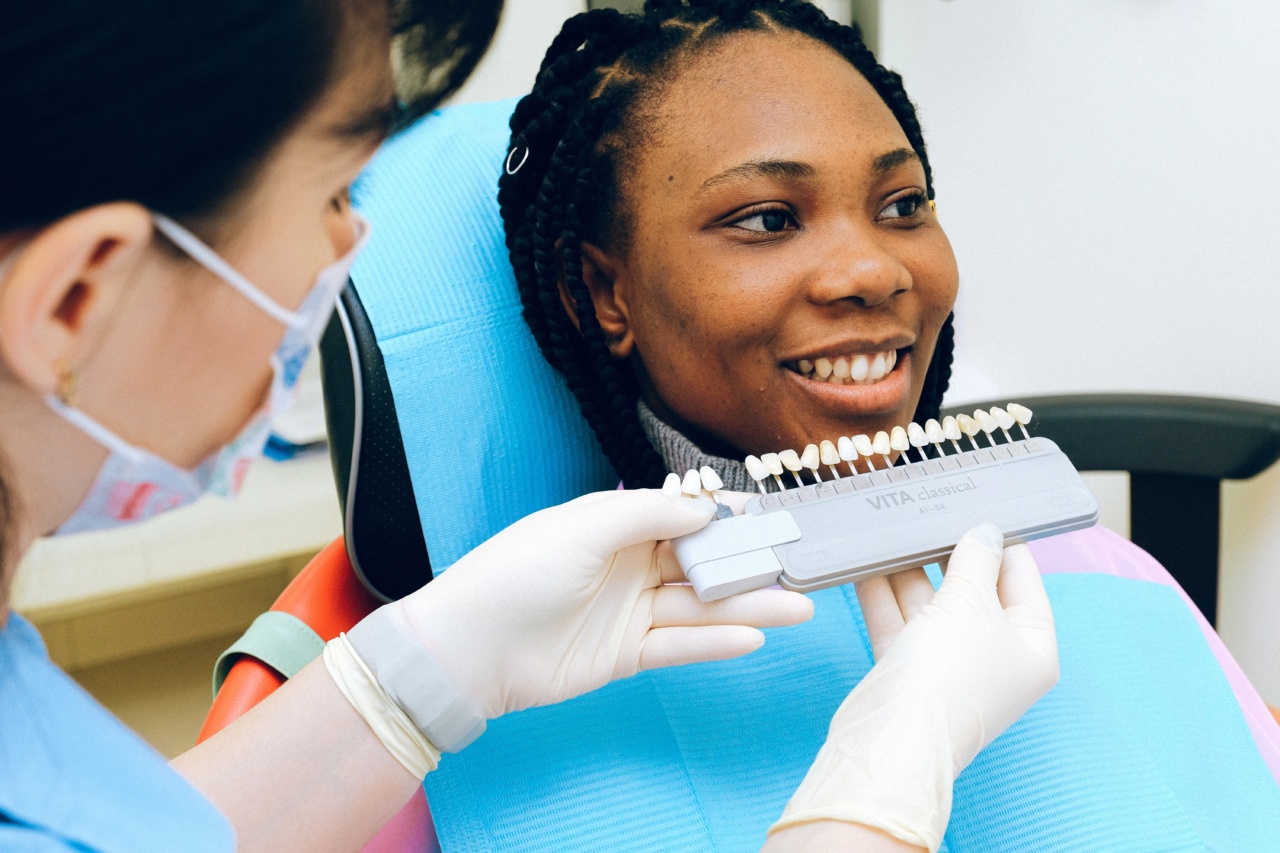Early detection of oral cancer is the key to its effective treatment. However, most oral cancers are diagnosed at a later stage, making them more difficult to treat.
Pre-symptomatic testing for oral cancer aims to detect cancer before any noticeable signs or symptoms appear. This can greatly increase the chances of successful treatment, as well as reduce the need for invasive procedures.
What is Pre-Symptomatic Testing for Oral Cancer?
Pre-symptomatic testing for oral cancer involves using advanced diagnostic techniques to detect early-stage oral cancer before any visible signs or symptoms appear. This can include genetic testing, saliva tests, and exfoliative cytology.
Who Should Consider Pre-Symptomatic Testing for Oral Cancer?
Pre-symptomatic testing for oral cancer is recommended for individuals who have a higher risk of developing oral cancer.
This includes individuals who have a history of smoking, alcohol use, exposure to human papillomavirus (HPV), and a family history of oral cancer. It is also recommended for individuals who have noticed any changes in their oral health, such as sores that do not heal or persistent pain in the mouth.
Types of Pre-Symptomatic Testing for Oral Cancer
There are several types of pre-symptomatic testing for oral cancer, including:.
Genetic Testing
Genetic testing can help identify mutations in genes that increase the risk of developing oral cancer.
This can allow individuals to take steps to reduce their risk, such as avoiding smoking and alcohol use, and maintaining a healthy diet and lifestyle.
Saliva Tests
Saliva tests can detect genetic markers and biomarkers associated with oral cancer. This can help identify individuals who are at a higher risk of developing the disease, allowing for early intervention and treatment.
Exfoliative Cytology
Exfoliative cytology involves collecting cells from the mouth and examining them under a microscope for abnormal cells that may indicate early-stage oral cancer.
This is a non-invasive procedure that can be performed in the dentist’s office, making it easy and convenient for patients.
The Benefits of Pre-Symptomatic Testing for Oral Cancer
The benefits of pre-symptomatic testing for oral cancer include:.
- Early detection and treatment of oral cancer, which can greatly increase the chances of successful treatment and long-term survival.
- Reduction in the need for invasive procedures, such as surgery or chemotherapy.
- Identification of individuals who are at a higher risk of developing oral cancer, allowing for early intervention and prevention measures.
Risks Associated with Pre-Symptomatic Testing for Oral Cancer
There are some risks associated with pre-symptomatic testing for oral cancer, including:.
- False-positive results, which can create anxiety and lead to unnecessary further testing and procedures.
- False-negative results, which can give a false sense of security and delay the diagnosis and treatment of oral cancer.
- Costs associated with testing and follow-up procedures.
Conclusion
Pre-symptomatic testing for oral cancer can greatly increase the chances of successful treatment and long-term survival.
It is recommended for individuals who have a higher risk of developing oral cancer, such as smokers, heavy drinkers, and individuals with a family history of the disease. While there are some risks associated with pre-symptomatic testing, the benefits far outweigh them, making it an essential component of oral cancer prevention and treatment.






























